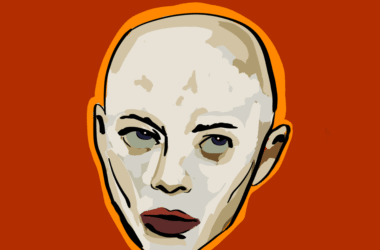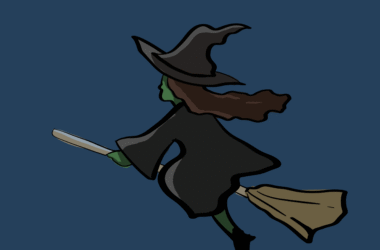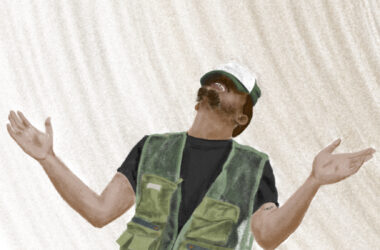Local literati were out in full blazered regalia on October 5 for the re-launch of Montreal humourist Jonathan Goldstein’s first novel, Lenny Bruce is Dead, originally published by Coach House Books in 2001. The 41-year-old Goldstein, author of two books, contributor to Chicago Public Radio’s This American Life, and host of CBC’s popular radio show Wire Tap, read selections from the novel, which came out this month. The event also featured a jazz set and musical interludes from three members of the local band Nutsak, whose drummer, Howard Chackowicz, later recorded a scripted segment with Goldstein for Wire Tap.
The back room at Casa del Popolo, where the reading took place, was filled completely, and included several potential contestants in a Jonathan Franzen look-a-like contest. The audience hummed and drank until a woman from Mile End bookstore Drawn and Quarterly asked for quiet and introduced the band and the author to enthusiastic applause, and even a few rowdy cheers.
The Brooklyn-born, Montreal-raised Goldstein (pronounced “Goldshtyne” by the Nutsak bassist) approached the stage in a Yankees cap and, of course, a blazer, nursing a half-finished pint of beer in his hand. He propped up his notes and stood before his ogling, cheering audience, sticking out his belly as if sporting a phantom paunch. He read 15 brief sections from his novel, counting them down one by one so that the audience wouldn’t fear it might go on forever. Between each segment Nutsak played an reinterlude, providing colourful and often comedic emphases at the end of each story (often not more than three sentences long), achieving an effect much like that in This American Life. Goldstein joked that the four performers used to be in a spoken-word band that broke up over “creative differences.” He said, however, there was “still that same energy.”
Most of Goldstein’s stories, however, were short, forgettable vignettes, reminiscent of the first scene in Woody Allen’s 1979 movie, Manhattan. Woody Allen’s character is trying to to begin writing the first chapter of his autobiographical first book after the iconic black-and-white footage of Manhattan, which is accompanied by George Gershwin’s jazz symphony “Rhapsody in Blue” and an eruption of fireworks over Central Park.
He read aloud and repeatedly dismissed his own ideas: “Ah, too corny. Too corny for a man of my taste.” Another idea is “Too angry, I don’t wanna be angry.” And another: “No, it’s gonna be too preachy. I mean, face it, I wanna sell some books here.” He finally settles on an idea, and it works perfectly.
The segments Goldstein tonelessly read were almost all what Woody Allen, or really anybody, would have dismissed as a series of first-draft sketches that should have immediately been tossed aside. Goldstein didn’t toss them aside, but rather convinced some gullible schmuck to publish them—now, twice—in a volume described by one reviewer as containing “almost as much white space as there is type.” The label “experimental” can only be taken so far before it stretches into an epithet, a line Goldstein seems to have crossed without ever realizing it was there.






